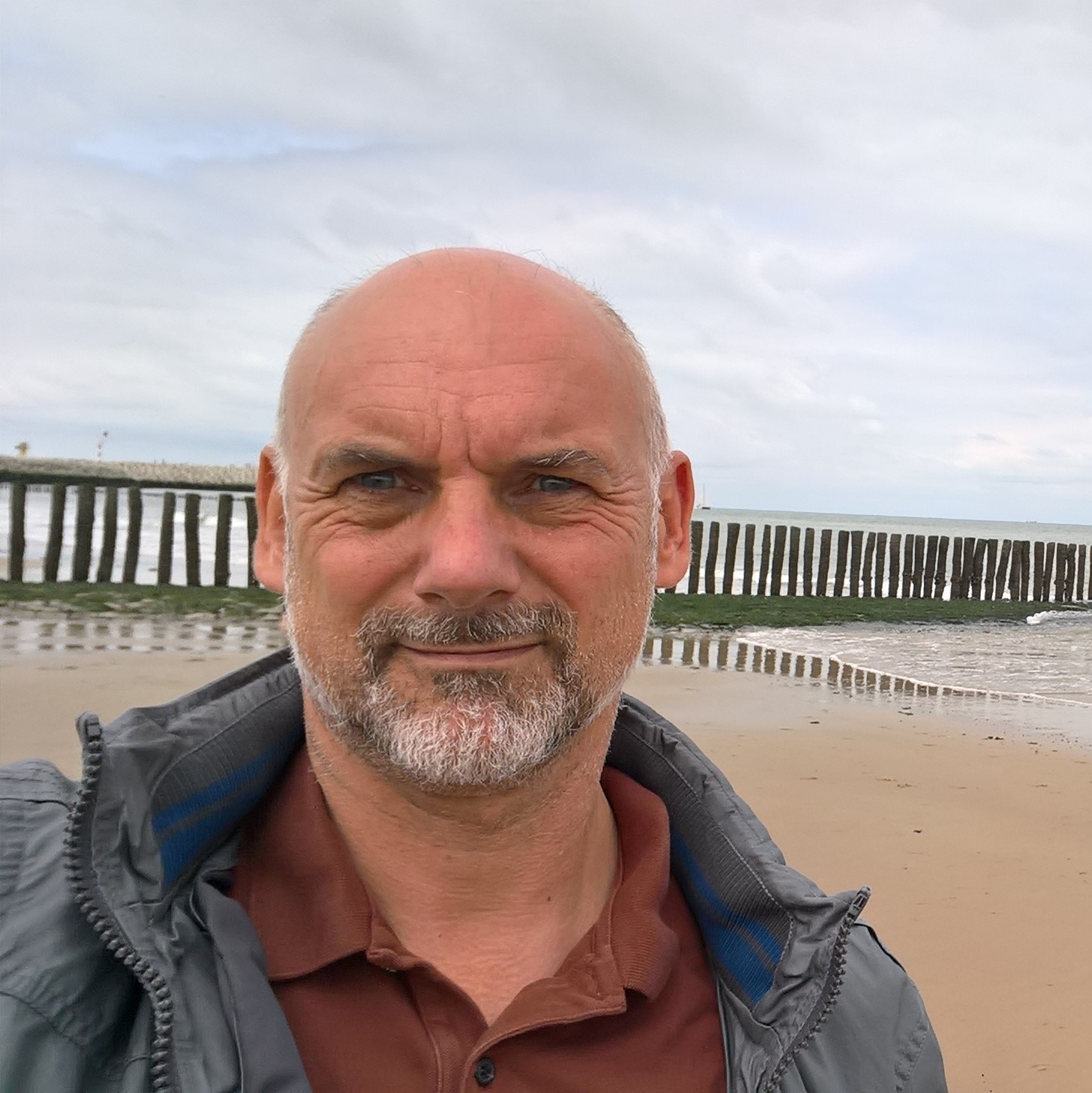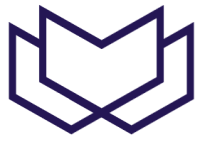19/11/2019 - Visug XL
Sessions
Build your own Blockchain in an hour
Wonder if enterprise Blockchain development can become a thing ?
Fasten your seatbelts, in this session I will show you how to build your own custom Blockchain using Parity Substrate, an open-source toolbox for innovative startup & companies.
After a brief intro on the Blockchain development landscape , we will discover the architecture of Substrate, its peer-to-peer communication stack, its core runtime modules, the ink! language for smart contracts, and the inter-chains interoperability features (para-threads / para-chains).
We will then write a custom runtime module using the Rust programming language, connect it to our node and run our own chain !
Speaker(s)

Steve Degosserie
Steve has been working for a while with various techs (web/cloud/mobile), and he helped many organizations build reliable enterprise solutions. Recently, he joined Parity Technologies, and he is now advocating companies about Substrate, a Blockchain toolbox, and the Rust programming language.
How to do in-app chaos testing
Relax! I'm not here to break your software. But I am here to show you how you can break the software you develop without changing the actual code!
Now, I hear you thinking: "Why on Earth should I do this? I have unit/integration/... tests"
Ah, yes, you have tests. Tell me, do you test what happens if a third-party service goes down? Or takes a lot longer to respond when that service hits its busiest time of the day?
Or what would happen if you tried to write data into a SQL database that has no more disk space?
All of these - and more! - cases can be discovered early, during development time. And I'll gladly show you how.
Speaker(s)

Wesley Cabus
Wesley is a Lead Developer at UCB in Belgium, where he helps improving the overall code quality by performing code reviews, creating shared services and reusable packages, and investigates new technologies to see how they can help either UCB or people living with neurology or immunology conditions.
He's also a Microsoft Azure MVP, crew member at Techorama, global organizer of the Global Azure Bootcamp and speaks at local meetups and usergroups.
A beginners guide to stream processing on azure
Unbounded data streams are becoming more and more ubiquitous, even more so with rise of connected IOT devices. This means large volumes of data that need to be captured, processed and analyzed. Unfortunately loads of data takes time to analyse and is expensive to store. And what if your data stream needs to be analyzed in real time? This type of data will tell you what is happening “right now” such as nr of ppl reading your blog, people watching a certain product or which hashtags are trending right now? These might seem to be “nice to have” features, but in reality, they are essential. Real-time data holds extremely high value for businesses, but it has only a certain time-window after which it loses its value. This talk will give you a basic understanding of streaming and how to use it.
Speaker(s)

Gertjan Vanthienen
Gertjan Vanthienen is Competence lead and Solution expert for azure cloud platform at Ordina Belgium. He has been passionate about technology since an early age and is constantly learning new things. He loves all things Azure, Docker, Microsoft, open-source, .NET, IOT and much much more related to building innovative solutions at hyper scale.
Blazor, Developing Single Page Apps for the browser in C#/.NET, a game changer!
I’m completely blown away by this new Blazor technology from Microsoft and want demonstrate my experiences with this magic. Blazor is a gamechanger by providing us a very productive development stack for building frontend for web apps. The ability to reuse your C#/.NET skills for building fronted, browser-based UI is a real value for every development team. Discover with me the simplicity to create HTML based UI in C# and see which 3th party UI components for Blazor are available. In this session I’ll show you a complete Blazor based application in C#.
Speaker(s)

Kurt Claeys
Running your builds in the enterprise with (space)cake
For years, we have been running builds in platforms such as Jenkins, Teamcity or TFS and have done this based on predefined templates. This makes it easy to scale up in a homogeneous enterprise development landscape. However, .Net and front end application development has transformed rapidly in recent years, with new technologies and frameworks being introduced on a regular basis. Supporting development teams with a more flexible build template platform therefore becomes a critical success factor. In this session, we want to share our experience with Cake (www.cakebuild.net) to do just that, and provide the right balance between centralized guidance while not limiting teams to extend or tweak their builds.
Speaker(s)
Neo4j: An introduction to graph databases
Graph databases aren't exactly new but aren't used as often as our regular relational databases. So what exactly are graph databases, why would I use them and how can I integrate them in my .NET application?
Speaker(s)

Lode Kennes
Passionate programmer, currently working as a .NET developer at Axxes.
A pragmatic deep dive into ML.NET
ML.NET is a free, cross-platform and open source machine learning framework designed to bring the power of machine learning into .NET applications. In this session we explore the capabilities, pitfalls, and alternatives of running full machine learning scenarios on your local .NET stack: from defining and training a model, to evaluating, deploying, and eventually running it.
The session targets a C# developer audience, but there will be takeaways for business analysts and data scientists too.
Speaker(s)

Diederik Krols
Diederik Krols is a principal consultant for U2U Consult. He leads, designs and develops software applications that rely on new or upcoming Microsoft technologies. In his 25-years career he delivered enterprise-wide mission critical projects in the military, financial, medical, and industrial world. Diederik runs the popular XAMLBrewer blog. He is a Windows Development MVP since 2014.
API Security with OAuth2 and OpenID Connect in Depth
You probably know how to secure your API with access tokens, but did you know you can use reference tokens to improve security? The token exchange standard for delegated access? A custom grant for API to API access? And what about improving client authentication for those use cases where clientid & client secret don't cut it anymore?
In this in-depth session we'll cover all of these topics, extensively using IdentityServer4 in the process. Note that some previous knowledge on OAuth2 and OpenID Connect is a must.
Speaker(s)

Kevin Dockx
Kevin is a freelance solution architect, Pluralsight author & consultant, living in Antwerp (Belgium). These days he's mainly focused on RESTful architectures & security for web applications and mobile applications.
He's a Microsoft MVP, and a keen proponent of open-source software.
Also: wine.
GraphQL - A love story
The core of every application is it's data. Even in a brave new microservices world, data is key. I built my own REST services, tried OData for a while, but kept wondering is this it? Shouldn't there be a better solution out there for me? Until I discovered GraphQL, the data query and manipulation language created by Facebook, and felt in love with it's simplicity, power and flexibility. In this session I'll explain the basic building blocks of the GraphQL language, why you should use it and share lessons from hands-on experience. You'll leave this session with everything you need to know to get started with GraphQL in your ASP.NET(Core) applications.
Practical information
Location: Microsoft België, Brussels National Airport - Passport Building, 1K Luchthavenlaan, BE-1930 Zaventem
The Microsoft offices can easily be reached by train (station Brussels airport).
Microsoft can also validate parking cards for parkings P2 and P3 at Brussels Airport.


